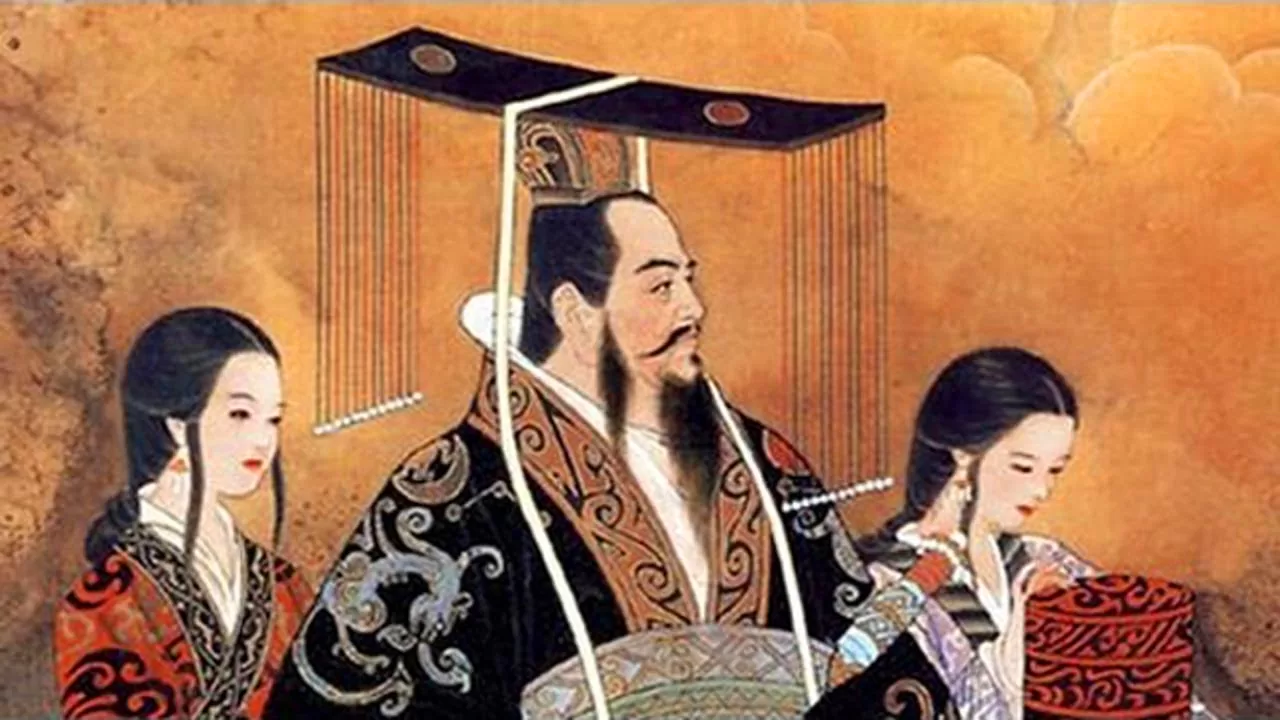Qin Shi Huang, also known as Ying Zheng, was the first emperor of China and ruled from 221 BCE to 210 BCE. He is known for his efforts to unify and centralize China, as well as for his construction of the Great Wall of China and the Terracotta Army. Despite his many accomplishments, Qin Shi Huang’s death was surrounded by controversy and mystery.
According to historical accounts, Qin Shi Huang died on September 10, 210 BCE, while on a tour of the eastern part of his empire. He was 49 years old at the time. The cause of his death is not entirely clear, but there are several theories.
One theory is that Qin Shi Huang died from ingesting mercury pills that he believed would grant him eternal life. He had long been obsessed with finding the elixir of life and had searched for it extensively. Some historians believe that he may have been given mercury pills by his court physicians, who were either trying to prolong his life or attempting to poison him.
Another theory is that Qin Shi Huang died from natural causes, such as a stroke or heart attack. He was known to have a stressful and demanding lifestyle, and his health may have been affected by his frequent travel and political struggles.
There are also legends surrounding Qin Shi Huang’s death, including stories of his assassination by his own advisors or the spirits of those who he had wronged. These stories are not supported by historical evidence, however, and are likely the result of later myths and legends.
After Qin Shi Huang’s death, his empire fell into chaos and rebellion, with various factions vying for power. Eventually, the Han dynasty emerged as the new ruling power in China. Despite the controversies surrounding his death, Qin Shi Huang’s legacy as a unifier of China and builder of monumental structures continues to be celebrated in modern times.
Other Facts about the Mausoleum


